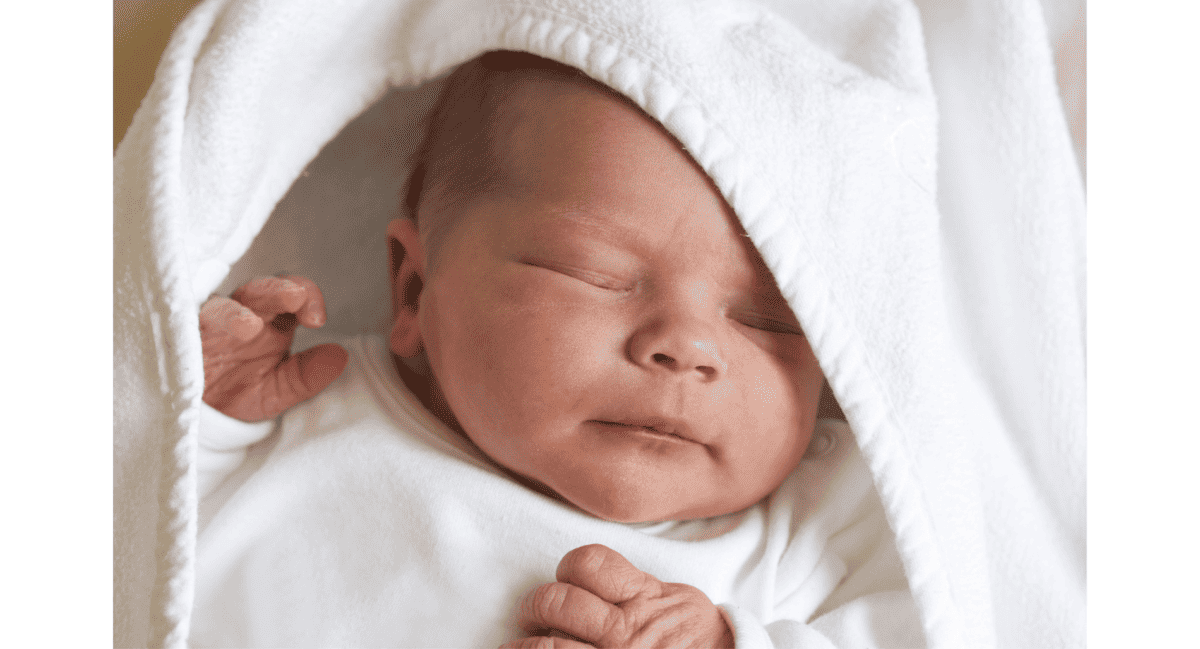Welcoming a new baby into the world is a joyous occasion filled with anticipation and love. As parents, we strive to provide the best care for our little ones, ensuring their health and well-being. In some cases, parents may find themselves facing the unique challenge of addressing hearing impairments in their newborns. This guide aims to shed light on the world of hearing aids for babies, offering valuable insights for parents navigating this important aspect of their child’s development.
Understanding Hearing Loss in Babies:
Hearing loss in infants can be congenital or acquired, and its early detection is crucial for effective intervention. Some common signs of hearing loss in babies include a lack of response to loud noises, delayed speech development, or failure to turn their head towards sounds. It’s essential to consult with a pediatric hearing health professional if there are any concerns about a baby’s hearing.
The Role of Hearing Aids:
Hearing aids are advanced devices designed to amplify sounds for individuals with hearing loss, including babies. When fitted properly, these devices can significantly enhance a child’s auditory experience, fostering language development and social interaction. It’s important to note that not all hearing-impaired infants may require hearing aids, as individual needs vary.
Choosing the Right Hearing Aid:
Selecting the appropriate hearing aid for a baby involves careful consideration of various factors. Pediatric hearing health professionals work closely with parents to determine the best solution based on the child’s specific hearing needs. Modern hearing aids are discreet, lightweight, and equipped with advanced technology to ensure comfort and effectiveness.
Key Considerations for Parents:
Addressing hearing loss in babies as early as possible is key to minimizing its impact on their development. Early intervention can significantly improve a child’s language skills and overall quality of life.
Regular Monitoring and Adjustments:
Babies grow rapidly, and their hearing needs change accordingly. Regular follow-up appointments with a pediatric hearing health professional are essential to monitor the child’s progress and make any necessary adjustments to the hearing aid settings.
Creating a Supportive Environment:
Building a nurturing environment is vital for a baby with hearing loss. This includes incorporating visual cues, maintaining eye contact, and using gestures to enhance communication. Parental involvement in speech and language therapy is also beneficial.
Technology Advancements:
Stay informed about the latest advancements in hearing aid technology. Many modern devices come with features such as noise reduction, wireless connectivity, and automatic adjustments, enhancing the overall experience for the baby.
In the journey of parenting, addressing the unique needs of a baby with hearing loss requires knowledge, patience, and a commitment to providing the best possible care. With the guidance of experienced pediatric hearing health professionals and the advancements in hearing aid technology, parents can empower their little ones to thrive in a world full of sounds.

